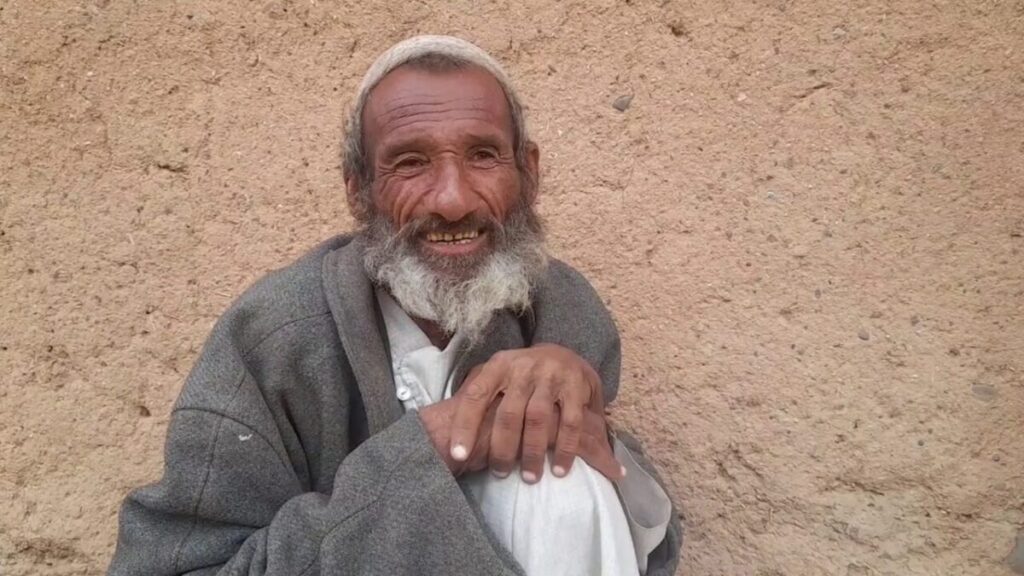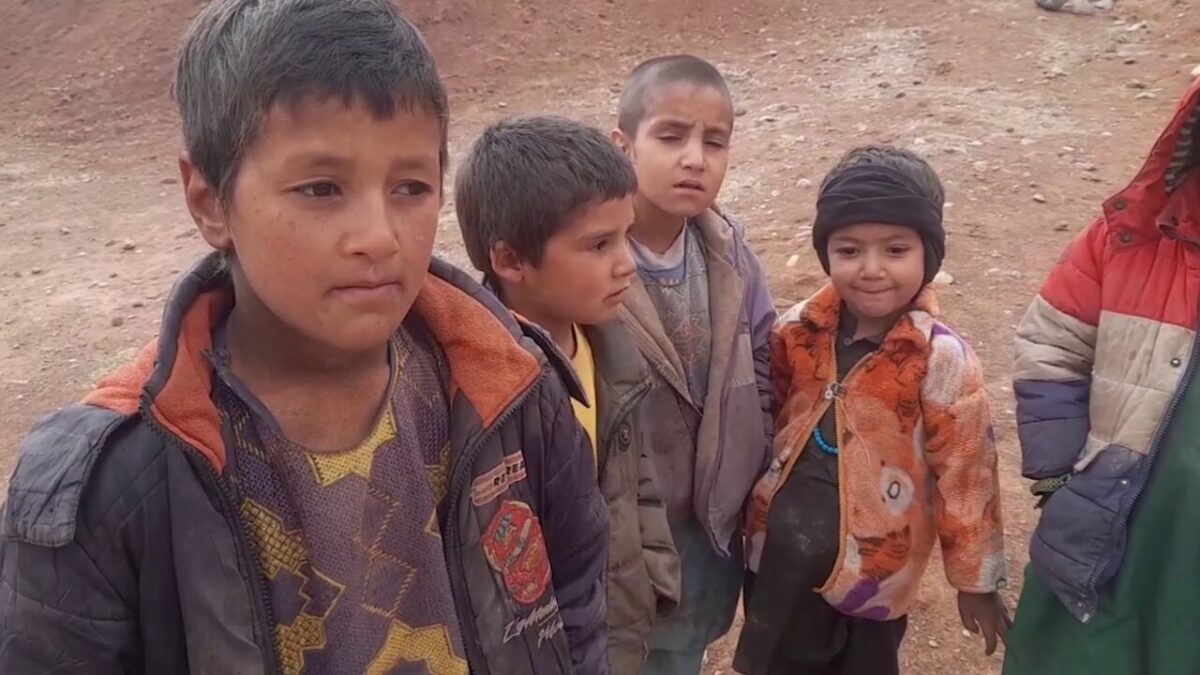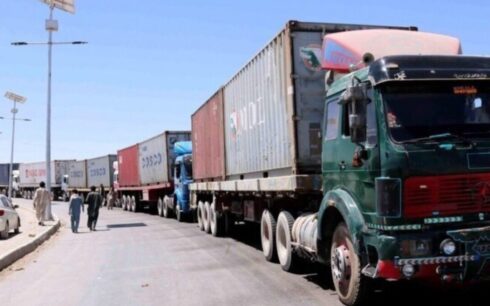Severe poverty in Afghanistan’s Ghor province has forced families to send their young children into grueling work, often under dangerous conditions, as economic hardship deepens and aid remains out of reach.
Local residents describe a desperate situation in which they have little choice but to rely on their children’s labor to survive.
For many families in Ghor, the last three years have been particularly brutal. Despite their ongoing struggles, they say they have received no humanitarian assistance from the government or international organizations. Without support, they are left to make difficult decisions, with the welfare and education of their children being the most significant casualties.
Among these children is 7-year-old Musa, who was once a student but now spends his days performing physically demanding tasks and begging in the market of Tulak district. His parents, both disabled, are unable to provide for the family, leaving the burden of survival on Musa’s small shoulders.
“I used to go to school before, but now I can’t,” Musa said. “My father is paralyzed and can’t work.” Musa’s hands, calloused from labor, reflect the growing reality for children in this region: school is a luxury they can no longer afford. Instead, they are thrust into the role of breadwinners, far too young for such responsibilities.

Faqir Ahmad, Musa’s father, contracted polio years ago, leaving him paralyzed. Now, he depends entirely on his young son. “There’s nothing we can do,” Faqir Ahmad explained, his voice heavy with resignation. “We have no food. Sometimes we borrow money just to eat, and my son is the only one who works.”
The harsh economic conditions are not unique to Musa’s family. Aidi Ma, a woman from the same district, faces a similar plight. Her husband, too, is disabled, leaving her with no choice but to turn to her children for help. Despite applying for aid multiple times, she says none has come. “They wrote my name down, but I haven’t received any assistance at all,” she said, her frustration evident.
The district of Tulak, one of the larger and more populated regions in Ghor, is home to countless families like those of Musa and Aidi Ma. Most residents here live in extreme poverty, exacerbated by the lack of development and the long-standing conflicts that have destabilized much of Afghanistan. In Tulak and other parts of Ghor, even basic necessities such as food, clean water, and health services are scarce.
The plight of these families highlights a broader issue affecting much of rural Afghanistan: as international aid dwindles and the government struggles to provide, the most vulnerable, particularly children, are being forced to sacrifice their future for mere survival.
Since the Taliban’s return to power in 2021, Afghanistan has faced increasing isolation from the international community. Sanctions and a freeze on Afghan assets abroad have crippled the economy. For provinces like Ghor, which were already suffering from underdevelopment and neglect, the situation has become dire.
Humanitarian organizations have warned of the growing risk of famine in parts of the country, where millions are now food insecure. In districts like Tulak, where most residents rely on subsistence farming, the harsh winters and droughts have only compounded their difficulties. Many families, like Musa’s, have been driven into debt, borrowing just to survive.
Yet, even with these growing concerns, aid has not materialized. Locals say that while their names are often registered in aid programs, the promised assistance rarely arrives. Without help, more and more children are dropping out of school, pushed into work or begging, as families scramble to make ends meet.
The loss of education is particularly devastating for the future of Ghor’s children. “I wanted to stay in school,” Musa said softly, his gaze fixed on the ground. “But now I have to work.” Musa’s story is just one of many in a province where children, once hopeful of an education and a better life, now face the bleak reality of child labor and an uncertain future.





